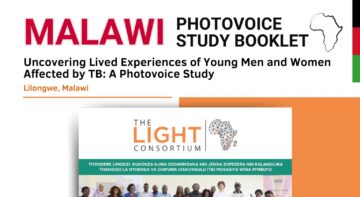
Vector-borne diseases are illnesses transmitted by mosquitoes, ticks, tsetse flies, lice, snails etc. Africa is disproportionately affected by vector-borne diseases, with most deaths occurring among children under five. The main vector-borne disease in the continent includes malaria, yellow fever, dengue and HAT. The Partnership for Increasing the Impact of Vector Control (PIIVeC) programme seeks to reduce the burden of vector-borne diseases through effective, locally appropriate, and sustainable vector control.
This stakeholder analysis was based on a rapid desk review of policies, strategies, programmes and other relevant information from the various stakeholders. Based on these reviews, we scored stakeholders’ interests and influence in vector-control and vector-borne disease policies and programmes in the continent.
Related Publications





